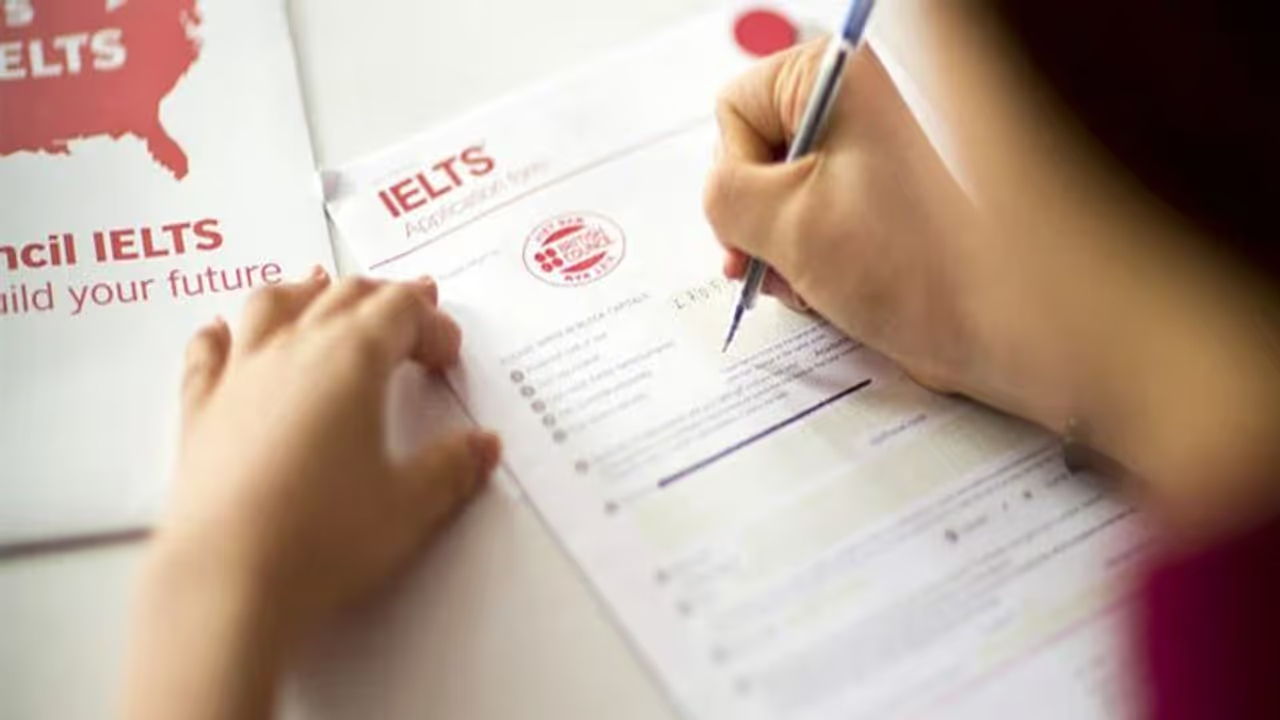If you have set a target of getting a good score in the IELTS exam, here are some valuable study tips to help you achieve a 7 or above band score.
The International English Language Testing System (IELTS) is an exam used to assess English language proficiency for study, work, or migration purposes. Securing admission in various top universities, requires a band score of 7 or above. If you have set a similar target, here are some valuable study tips to help you achieve a 7 or higher band score in the IELTS exam.
The test format
Before appearing for the test, read everything about how the exam is conducted and the format of the exam. IELTS exam includes four sections namely, Listening, Reading, Writing, and Speaking. All four sections are assessed separately and it is important to clear all of them.
Regular practice
Like any other exam, IELTS, requires consistent practice. Set aside dedicated time each day to practice listening, reading, writing, and speaking exercises. Use official IELTS practice materials and sample tests to assess what you have studied.
Vocabulary
A good vocabulary will make a good impression on the examiner. Regularly read books and newspapers to learn new words and phrases. Focus on common topics covered in the IELTS exam, such as education, technology, health, and the environment.
Reading skills
To strengthen your reading skills, read a variety of texts like articles, essays, and academic papers. Consistent practice can help you retain more information.
Listening skills
Improve your listening skills by regularly listening to English podcasts, radio programmes, and audio recordings. Pay attention to accents, intonation, and pronunciation variations. Your accent won’t make a huge difference, but familiarity with different English accents can help you get a plus point.
Practice writing
The only way to improve your writing skills is by writing daily. Pay attention to the structure of essays and reports and recognize how to reach to a conclusion. Practice writing on a variety of topics within the specified time limits. Seek feedback from teachers for better guidance.
Speaking skills
Confidence is the key when practicing any language. Practice speaking English confidently and fluently with friends, family members, or language exchange partners. If you can’t find language partners, then converse with yourself in English. Stand in front of a mirror and make a conversation with yourself to practice speaking skills.
You can also try another exercise; when speaking about something, record yourself using your mobile. Listen to the recording after you have finished speaking and identify the places where you can improve your pronunciation or pace.
Before the exam day, take proper sleep and eat good food. All the best!
